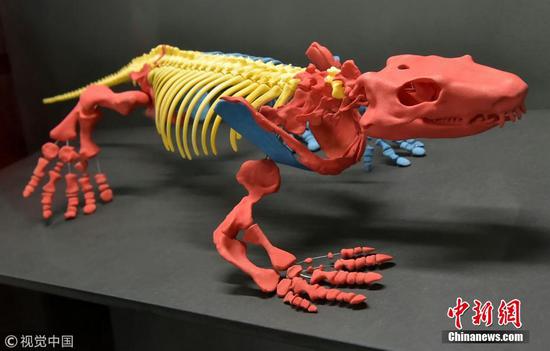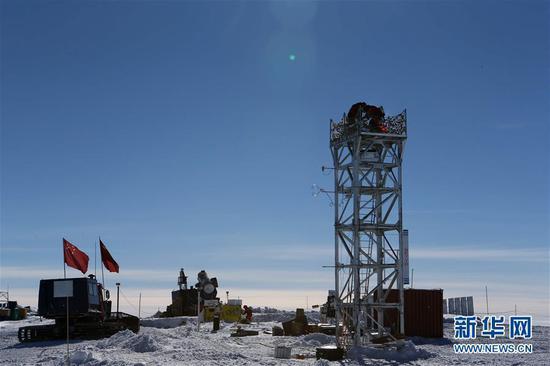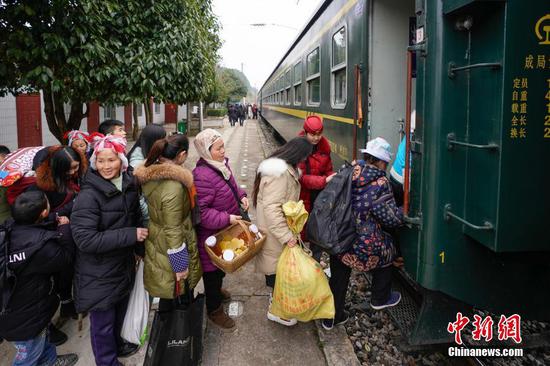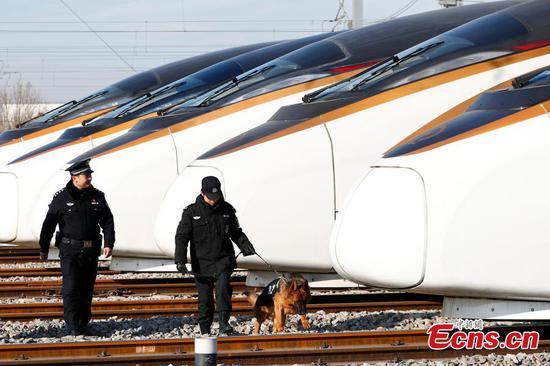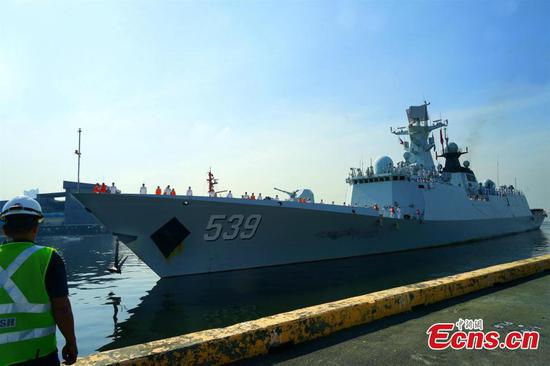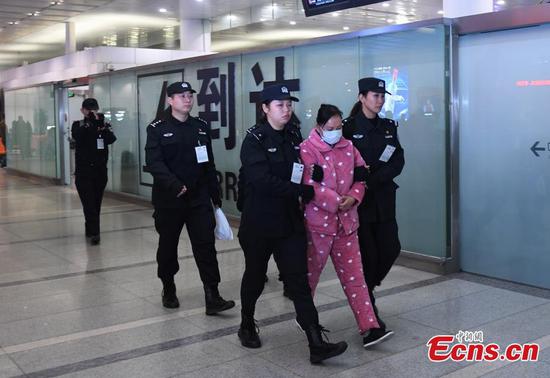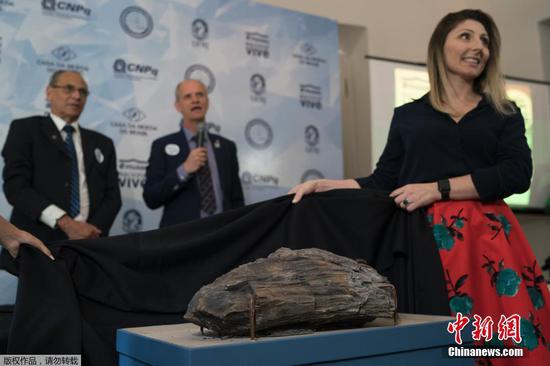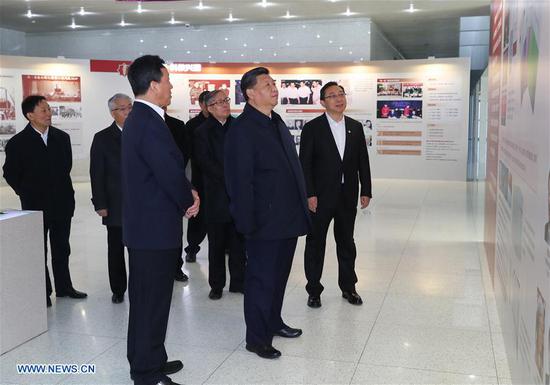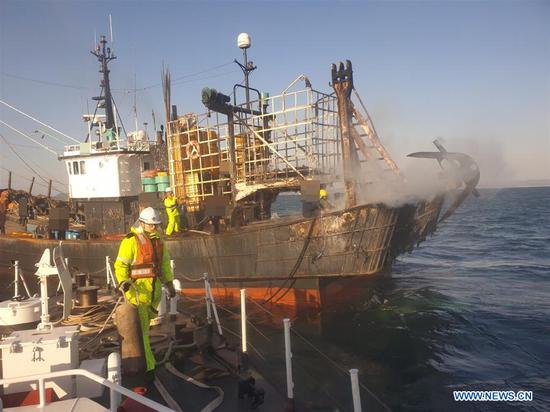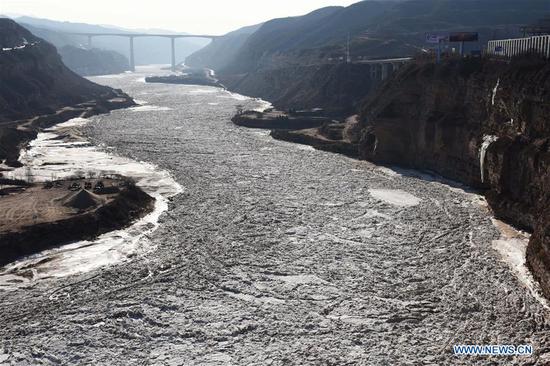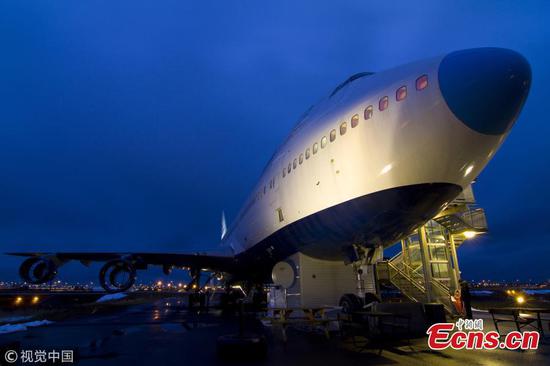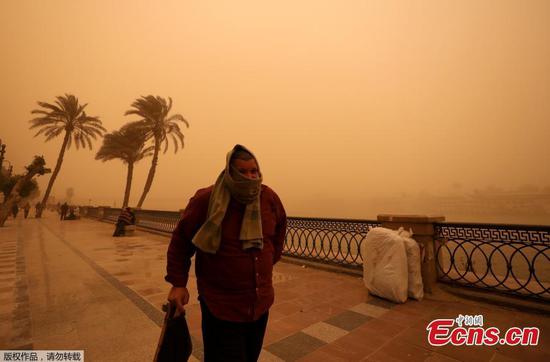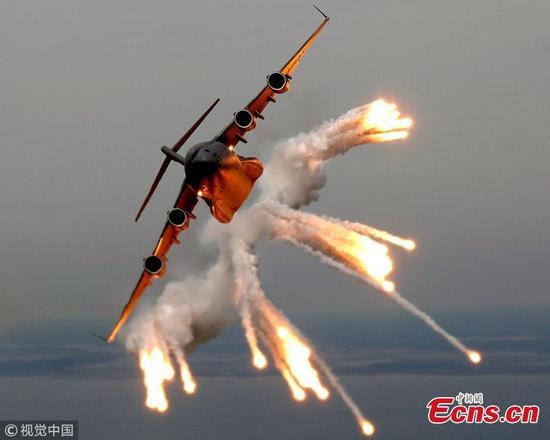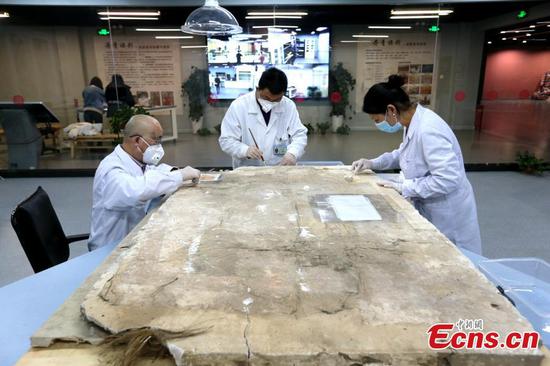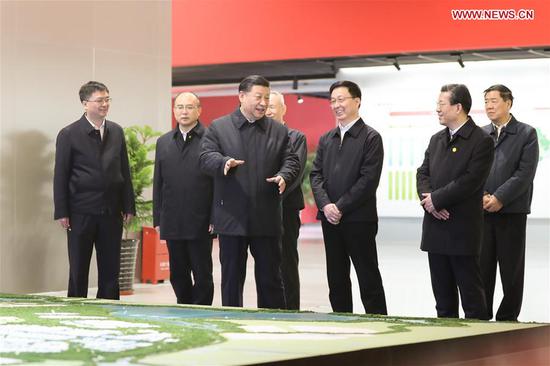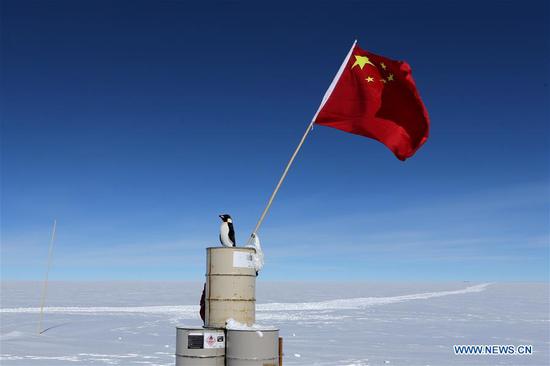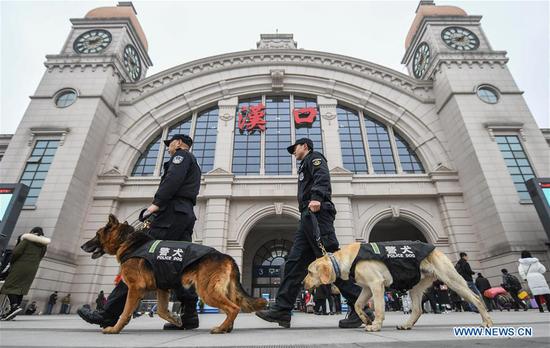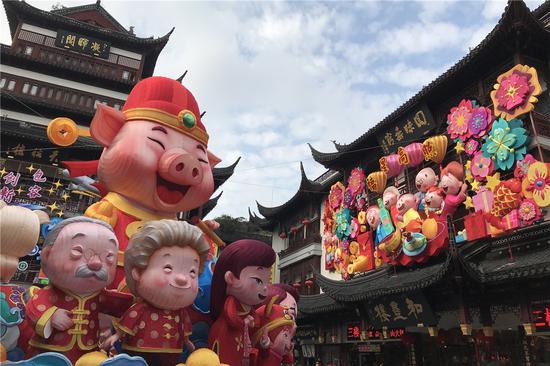The IMF has long warned that higher trade barriers would disrupt global supply chains and slow the spread of new technologies, ultimately lowering global productivity and prosperity. More restrictions on imports would also make tradable consumer goods less affordable, harming low-income households disproportionately.
The comments have been widely interpreted as pointing to the Trump administration's unilateral and protectionist trade policies, which have inflicted costs on the U.S. economy and others that are now deeply integrated in global supply chains.
Theodore Pelagidis, a professor of economic analysis at the University of Piraeus in Greece, said, "I expect that Davos 2019 will focus on the coming economic slowdown, indeed in an unstable political context of increased social polarization driven by nationalistic populism both in Europe and the U.S.."
He attributed the rise of populism to the breakup of the middle class in Western countries. "As an economic slowdown is in front of us, political polarization is expected to become even more radical and aggressive," he said.
Pelagidis, who is also a nonresident senior fellow of the Brookings Institution in Washington, believes the WEF may contribute to a better understanding of what lies ahead. "And by trying to define uncharted waters, it could lead to the realization of the high political and economic risks that the global economy is going to face in the next couple of years," he said.
Peter Bottelier, a visiting scholar at Johns Hopkins University School of Advanced International Studies in Washington, said the annual WEF meeting should definitely focus on the merits of multilateral approaches to solving and addressing global challenges.
"I hope that the meeting will openly and honestly discuss President Trump's ill-considered, mercantilistic, retrogressive, illegal and dangerous trade policies, especially vis-a-vis China," said Bottelier, a former World Bank official whose roles included being head of the bank's resident mission in China.
China and the U.S. have engaged in a tit-for-tat tariff war in recent months, since the Trump administration fired the first shots at China and other major trade partners last year.
But many observers have seen signs for cautious optimism in recent weeks after renewed bilateral consultations between Beijing and Washington. Trump tweeted on Jan 8, "Talks with China are going very well".
Vice-Premier Liu He will visit Washington on Jan 30 and 31 for further consultations on trade and economic issues, the Ministry of Commerce said on Thursday.
A worker adjusts a lamp in the congress center ahead of the annual meeting of the World Economic Forum in Davos, Switzerland, Jan 20, 2019. [Photo/Agencies]
Globalization 4.0
While the China-U.S. spat is likely to draw much attention in Davos, the theme of this year's gathering-Globalization 4.0: Sharing a Global Architecture in the Age of the Fourth Industrial Revolution goes far beyond trade wars.
Globalization 4.0 has been interpreted by some commentators as a bid to build a world order and international architecture under the new political realities of the 21st century, including taking into consideration factors such as inequality, the rise of populism, the invention and disruption caused by new technologies, and the outdated global governance system.
Organizers said Globalization 4.0 is aimed at finding new models for peace, inclusiveness and sustainability. "This fourth wave of globalization needs to be human-centered, inclusive and sustainable," said Schwab, of the WEF, who was among 10 foreigners to be granted the China Reform Friendship Award in December.
Many experts have stressed that Globalization 4.0 must better address the problems faced by people who have been left behind both in the developed and developing worlds.
Schwab said the world is entering a period of profound global instability brought on by the technological disruption of the Fourth Industrial Revolution and the realignment of geoeconomics and geopolitical forces. "We need principals from all stakeholder groups in Davos to summon the imagination and commitment necessary to tackle it," he said.
In a recent article titled Globalization 4.0: The Davos 2019 Manifesto, Schwab cited the fact that national leaders came together after World War II to design a new set of institutional structures to enable the post-war world to collaborate toward building a shared future.
"The world has changed, and as a matter of urgency, we must undertake this process again," he said.
At the WEF, government, business and civil society leaders will offer their perspectives on what Globalization 4.0 should look like. Many experts believe that the world, including government and business leaders, is underprepared for the challenges and opportunities brought by the Fourth Industrial Revolution.
New technologies, such as digital, will be a key topic in many discussions. While the technologies are likely to cause disruptions across industries and societies, Schwab believes they could also help underdeveloped regions, such as some in Africa, to catch up and narrow the gap with other areas.
Chen Shengqiang, CEO of JD Digits, a leading Chinese digital technology company, will be among many tech chiefs from the country attending the WEF this year.
He believes the data-driven economy continues to transform global value chains and to promote more economic players from different regions worldwide into the wave of globalization.
"Represented by digital technology, the Fourth Industrial Revolution changes a company's internal operating model, generates a data-driven global economy, helps to build a community with a shared future for mankind and to break 'self-centered consciousness' in the concept of value," he said on Saturday.
UN Secretary-General Antonio Guterres, an ardent advocate of multilateralism and action over climate change, will share his vision on Thursday in a conversation chaired by Borge Brende, president of the WEF.
Guterres reiterated the importance of multilateralism in a speech at the UN headquarters in New York on Friday. "As we look to the challenges we face-from climate change to migration to terrorism to the downsides of globalization-there is no doubt in my mind that global challenges require global solutions," he said.
"No country can do it alone. We need multilateralism more than ever,"
Guterres said his "absolute priority for 2019" is to make sure the UN is a "platform for action to repair broken trust in a broken world and deliver for people."












